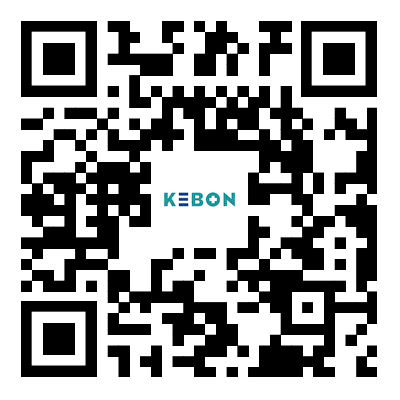U.S. Trade Enforcement Shifts: Easing Tariffs, Tightening Compliance on Transshipment
U.S. Trade Enforcement Shifts: Easing Tariffs, Tightening Compliance on Transshipment
Businesses Face Rising "Origin Masking" Risks Even as Trade Tensions ThawWASHINGTON, Nov. 21, 2025 – In a dual-track trade strategy, the United States is extending diplomatic olive branches while sharpening its enforcement tools—creating new compliance challenges for global supply chains. As the U.S. and China move toward potential tariff reductions, federal agencies are intensifying scrutiny of transshipment and origin fraud, signaling that companies cannot let their guard down on compliance.🔍 The Two-Pronged ApproachDiplomatic ThawThe U.S. recently agreed to suspend 24% of tariffs on Chinese goods for 90 days and is negotiating broader Section 301 exemptions.Joint statements emphasize "de-escalation" in sectors like green tech and consumer electronics.Enforcement SurgeThe Department of Justice (DOJ) is leveraging the False Claims Act to prosecute importers falsely labeling Chinese goods as third-country origin.U.S. Customs and Border Protection (CBP) has deployed AI-driven supply chain mapping tools to detect discrepancies in origin documentation.⚠️ Hidden Risks Behind Tariff CutsWhile lower tariffs may ease cost pressures, they increase incentives for transshipment evasion—rerouting goods through Vietnam, Mexico, or Malaysia to avoid duties. Recent cases show:$220M in penalties issued to textile importers for false Cambodian origin claims (Q3 2025).New CBP algorithms flagging mismatches between shipping routes and declared origins within 72 hours."Don’t mistake tariff diplomacy for enforcement leniency. The rules of origin are becoming the next battlefield," warns former CBP Commissioner Mark Morgan.🛡️ Actionable Guidance for BusinessesTo navigate this high-stakes environment, companies should:Conduct third-party origin audits for high-risk suppliers.Digitize origin documentation with blockchain or secure ledgers for full traceability.Review free trade agreement (FTA) certifications—especially for USMCA and ASEAN-linked imports.Train sourcing teams on updated "substantial transformation" criteria under 19 CFR §102.🌐 Global Ripple EffectsThe U.S. crackdown coincides with tighter EU enforcement (e.g., new due diligence rules under the Forced Labor Regulation) and ASEAN’s own anti-circumvention measures. Companies leveraging "China+1" strategies must now prove authentic production footprints—not just paperwork.💡 The Bottom Line*"Tariff cuts reduce costs, but flawed origin claims can destroy reputations and trigger existential penalties. In 2026, supply chain transparency will be non-negotiable."*
– Global Trade Analytics, Panjiva
























